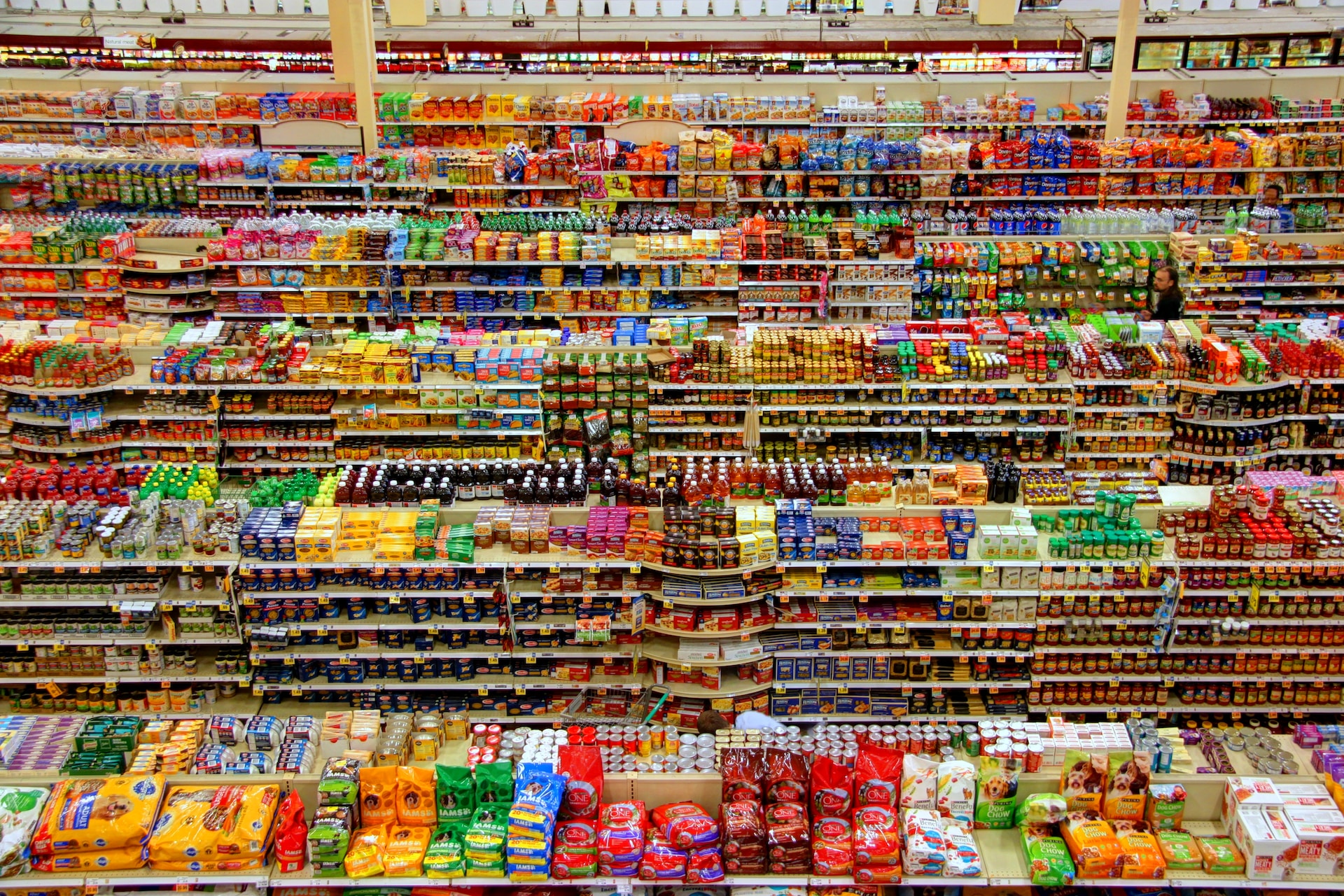PARIS – In an era where efficiency often trumps ethics, our global food systems have evolved to become production powerhouses. Supermarkets brim with affordable edibles, a testament to these efficient systems. However, lurking beneath the sheen of plentiful produce lies an uncomfortable truth: our cheap food comes at an environmental premium.
Biodiversity is waning, soils are degrading, waters are polluted, and our atmosphere faces the brunt of unsustainable agricultural practices. Enter Christian Huyghe, the Scientific Director of Agriculture at Inrae, who is sounding the alarm on the dire need for an agricultural revolution.
“We are on borrowed time,” warns Huyghe. “Our responsibilities extend beyond the present – they stretch into the unseen future, affecting generations that will inherit an Earth marked by our choices.”
His concerns are far from baseless. The rapid pace of global warming, dwindling water resources, and collapsing biodiversity have made it clear: the old ways can’t continue.
But Huyghe isn’t just highlighting the problem – he’s advocating for comprehensive solutions. He speaks of the Green Deal as not just a challenge but an opportunity. The Deal’s ambitious targets pave the way for meaningful change, urging a pivot towards systems that restore as much as they produce.

To many, the idea of overhauling such a complex, deeply rooted system might seem like a final, desperate gambit. But for Huyghe, it’s an opportunity to reimagine and rebuild. Agroecology, he posits, offers a blueprint for the future – a farming paradigm that champions functional diversity.
But the road to such a revolution is riddled with challenges. Intensive farming is the devil we know – efficient, streamlined, and profitable. Shifting away requires more than just idealism. It demands skill, knowledge, and a comprehensive understanding of ecological dynamics.
“Adding layers of complexity to farming isn’t merely about planting more species,” Huyghe points out. “It’s about equipping farmers with the tools and knowledge to manage this diversity.”
Beyond the farm, there’s the question of value chains. Diversifying produce means nothing if there’s no market for it. The onus, according to Huyghe, isn’t solely on the farmer. Every stakeholder, from distributors to consumers, plays a part. The goal? To transform food production into a system that’s both balanced and responsible, without making food prohibitively expensive for the average consumer.
Central to this vision is the Green Deal, positioning research and innovation as the twin pillars of sustainable agriculture. But it doesn’t end there. NGOs, farmers’ groups, and other stakeholders play a pivotal role, shaping the trajectory of the future.
Huyghe’s vision is clear: a world where abundance doesn’t come at the expense of the environment. As we stand at this critical juncture, the choices we make today will shape the world of tomorrow. And if pioneers like Huyghe have their way, it’ll be a world of sustainable abundance.
©globalgreenhouse.eu

